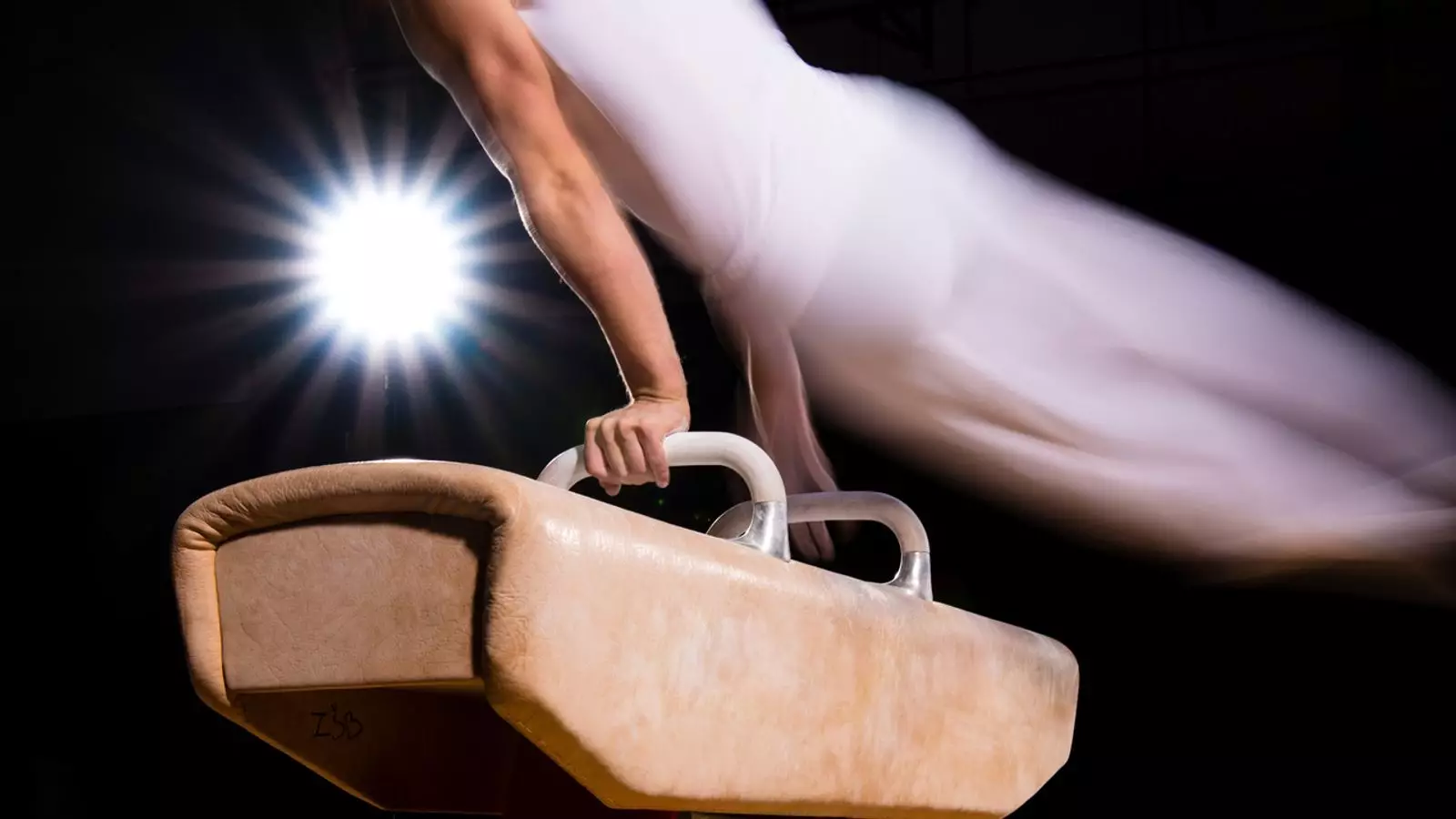In response to the findings of the Whyte Review, British Gymnastics has implemented a series of new rules aimed at preventing abuse and ensuring the welfare of gymnasts. The review, which examined over 400 complaints, uncovered evidence of physical and emotional abuse within the sport. Some of the distressing practices revealed include gymnasts being starved, punished by being made to hang from rings, and having their bags searched for food as a means of weight management.
One of the key changes introduced by British Gymnastics is a ban on coaches weighing gymnasts. The new rules state that the weighing of athletes “must always be their choice and must only be undertaken by qualified sport science or medical practitioners.” Furthermore, athletes between the ages of 10 and 18 can only be weighed with the consent of both themselves and their parent or guardian.
These new rules go beyond just the issue of weighing. British Gymnastics now requires clubs and coaches to ensure that missing formal education for gymnastics club training is not a mandatory requirement for any child. Additionally, gymnasts must be provided with opportunities to drink regularly throughout a session or activity and given bathroom breaks at the earliest opportunity. These measures aim to prioritize the well-being of the athletes and mitigate potential risks such as the development of eating disorders, anxiety, or depression.
British Gymnastics acknowledges the presence of poor practice within the sport and is committed to creating a safer environment for the gymnasts. Sarah Powell, the chief executive at British Gymnastics, emphasized the importance of the welfare of those involved in gymnastics. She stated, “Above all else, we care about gymnasts as people, and these new policies make clear that what matters most in gymnastics is the welfare of those involved.” The introduction of these new rules aims to provide clarity and prevent the occurrence of inappropriate practices in the future.
As part of their action plan, “Reform ’25,” British Gymnastics announced that it would name coaches who have been banned. This move towards transparency is a step in the right direction and builds accountability within the sport. However, Gymnasts For Change, a group of current and former athletes campaigning for change, highlights the need for a robust welfare, investigation, and complaints system. They argue that the new safeguarding policies will be meaningless without an effective system for resolving complaints. They also call for stricter enforcement of the policies, stating that coaches who perpetrate clear cases of abuse and guideline violations should face sanctions.
While the Whyte Review included 30 sexual abuse allegations, the majority of complaints were related to physical and emotional abuse. This highlights the need for comprehensive safeguards to protect gymnasts from all forms of abuse. The Netflix documentary Athlete A further shed light on the issue, revealing allegations of sexual abuse within US gymnastics. The documentary focused on Larry Nassar, a former doctor for USA Gymnastics who was sentenced to more than 300 years in jail for his crimes. These cases underscore the urgency of creating a safe and supportive environment within the sport.
British Gymnastics’ efforts to address abuse within the sport are commendable. However, to truly rebuild trust and ensure the safety of gymnasts, there is a need for a more robust complaints process. Gymnasts For Change argues that without an effective system for investigating and resolving complaints, the new policies will remain ineffective. It is crucial for British Gymnastics to establish a transparent and accountable process that can deliver justice on behalf of complainants.
British Gymnastics’ implementation of new rules to prevent abuse is a positive step towards creating a safer environment for gymnasts. The ban on coaches weighing athletes and the focus on athlete well-being highlight the commitment to prioritizing the welfare of gymnasts. However, to truly address the issue of abuse, there is a need for a more robust complaints system and stricter enforcement of the policies. By taking these steps, British Gymnastics can work towards rebuilding trust and ensuring the safety and well-being of all those involved in the sport.


Leave a Reply